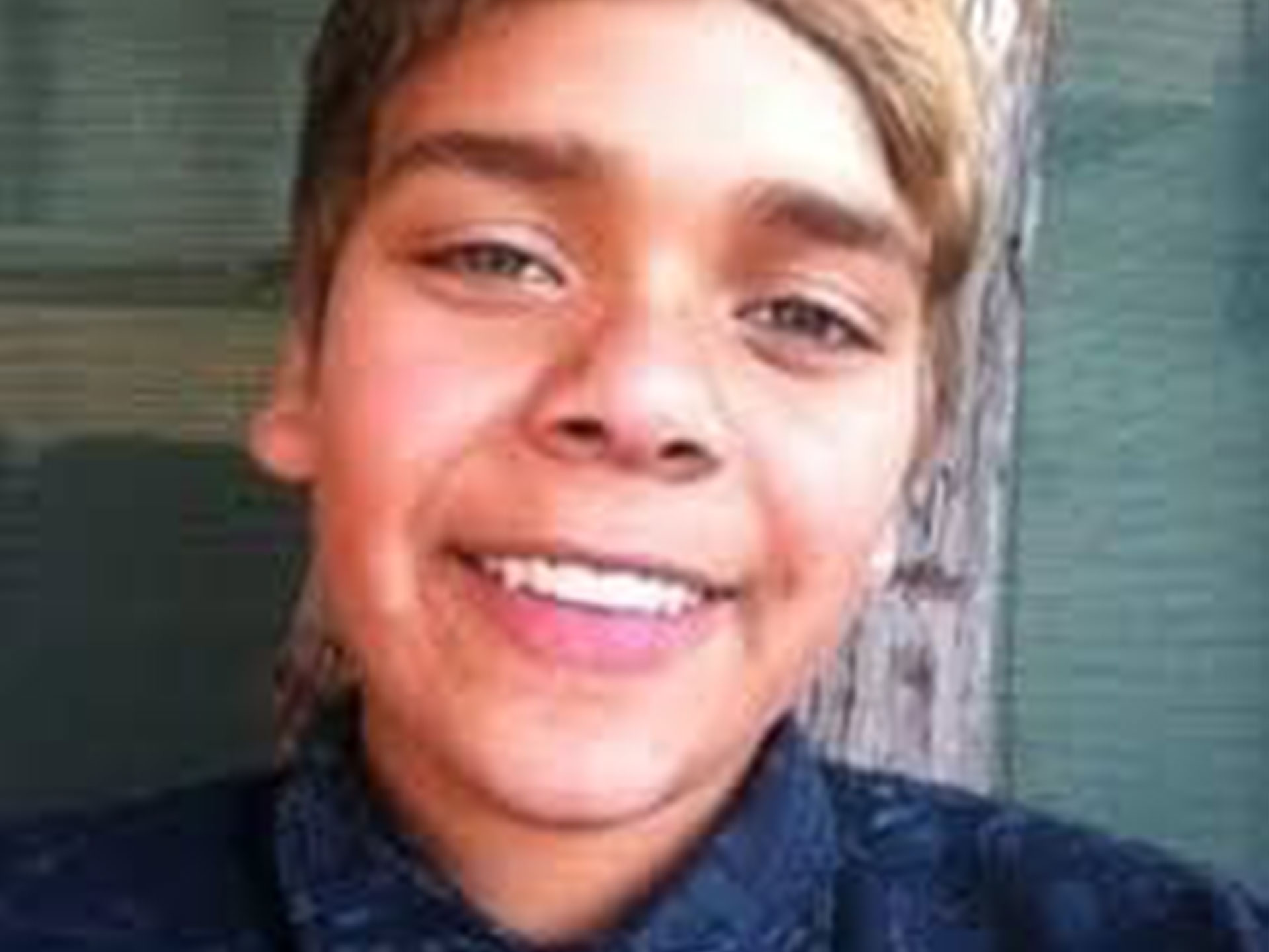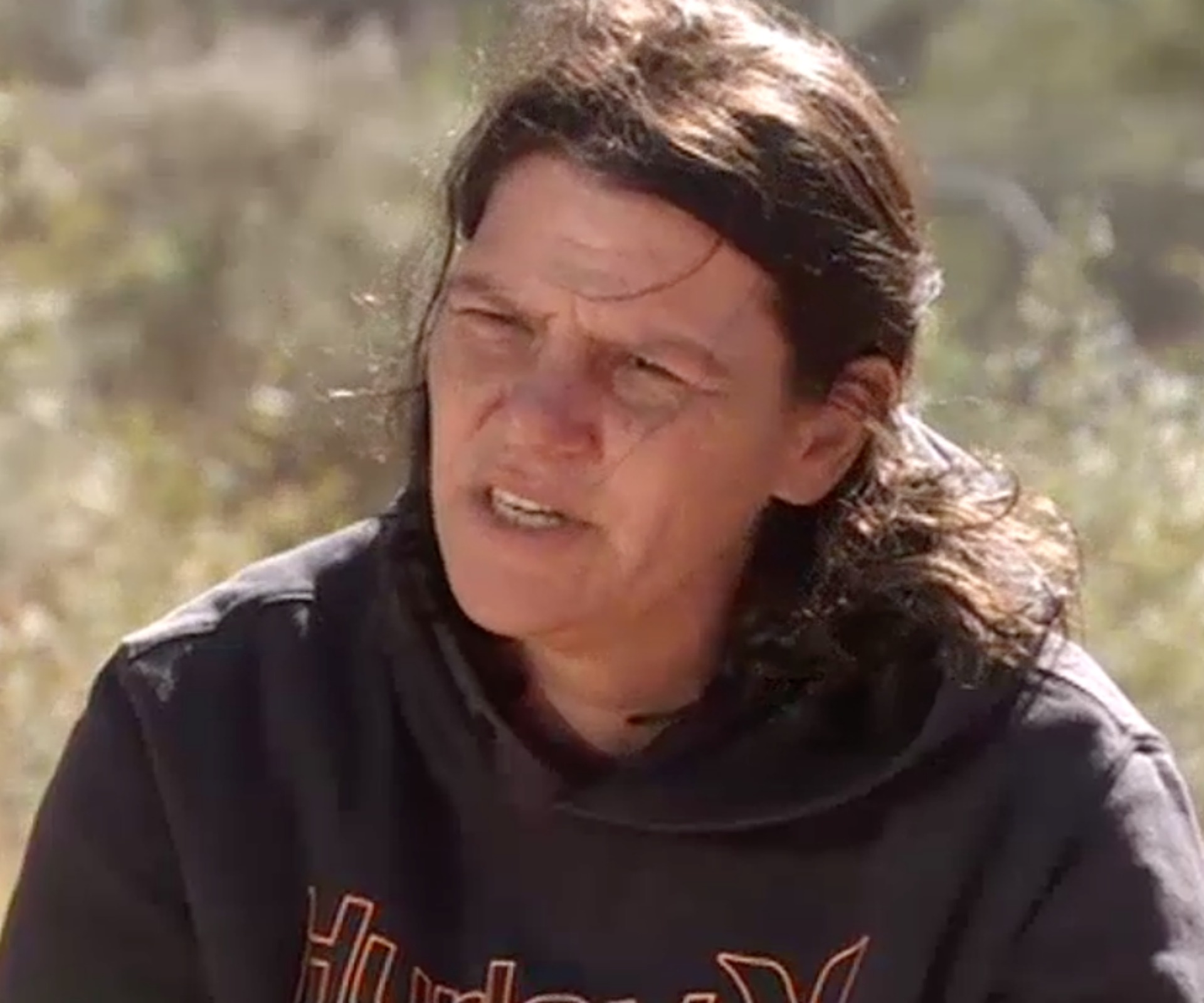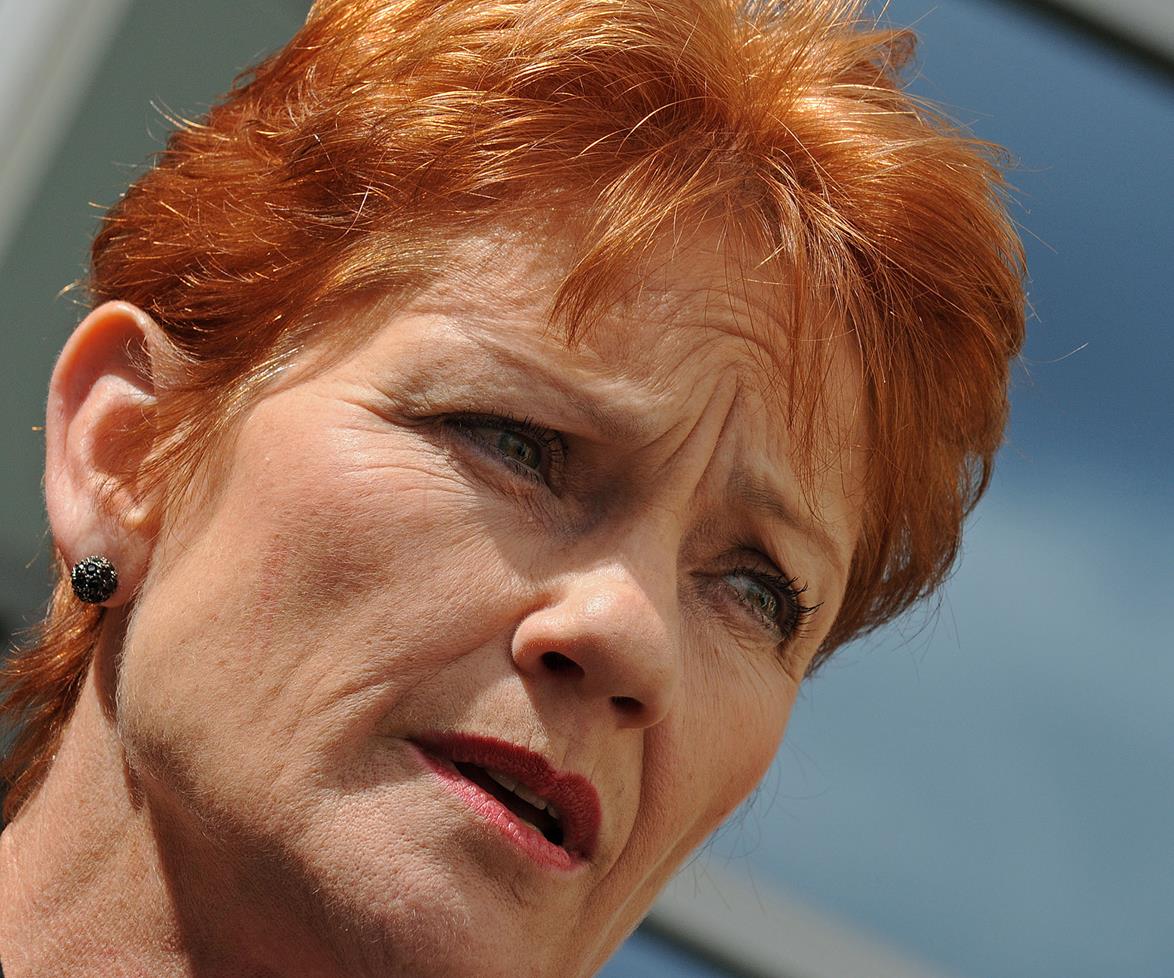Elijah Doughty. It should be a name that elicits rage, sadness, sympathy and devastation, but for the most part, it’s been largely ignored.
While riding a red motorbike on a reserve in Kalgoorlie, WA in August last year, the 14-year-old was run over and killed by a man who was looking for his stolen motorbike.
The 56-year-old, whose name is still supressed by courts, admitted to hitting the teenager with his 4WD but was found not guilty of manslaughter, instead sentenced to a maximum of three years for dangerous driving, backdated to time of arrest. In February, he’ll eligible for parole after serving just 18 months.
There’s no evidence that Elijah stole the bike or knew who did, but even if there was, that doesn’t matter – it’s not like it’s suddenly okay to kill kids for stealing things.
A middle-aged man let himself be so consumed with rage at the sight of his stolen bike that he pursued a kid at speed.
He aggressively chased a child on a 70cc dirt bike while driving a twin cab two-tonne ute instead of calling the police, a decision that resulted in Elijah dying instantly due to massive head trauma and internal injuries, including a severed spinal cord.
WATCH: Vinka Barunga will be the first Aboriginal doctor in her hometown.
Later, the man told police that he “was hoping that he would take off to the bush, fall off in there”.
The jury’s decision, which took over six hours to come to, has left many Indigenous Australians feeling abandoned and betrayed – a feeling only exacerbated by the lack of media attention and public discourse around Elijah’s death.
Talking to BuzzFeed, Wiradjuri woman Latoya Rule explained why the verdict was so disheartening to so many Aboriginals.
“These issues have inter-generational aspects to them,” Rule said.
“This isn’t the first time a black person has been hit by a car and run over and nothing happened.”
While the protests and unrest that followed the sentencing have received attention, his death and the lead up to the case went largely unnoticed by mainstream media.
It took the confronting imagery of blood-like ochre being smeared across the NSW Supreme Court for us to stand up and pay attention.
One can’t help but compare the three year sentence with the nine years Dylan Voller spent in and out of juvenile detention.
From the age of 11, Voller was incarcerated for car theft, robberies and, more recently, assault because punitive measures were deemed more beneficial to him than outback rehabilitation programs that are in line with indigenous reintegration.
Then in 2016, Four Corners did an exposé on the abusive treatment he received in the Don Dale Youth Detention Centre, and the horrific and confronting footage of his treatment, dating back to when he was just 13-years-old, was a catalyst for a royal commission into the sector.
If anything, Voller’s story shows how crucial both media coverage and public anger are in forcing big change – neither of which Elijah received.
It’s a culmination of the short jail sentence and lack public discourse that has left many indigenous Australians speaking a simple sentiment: A system cannot fail those it was never built to protect.
In the light of this unthinkable tragedy, something has to change.


